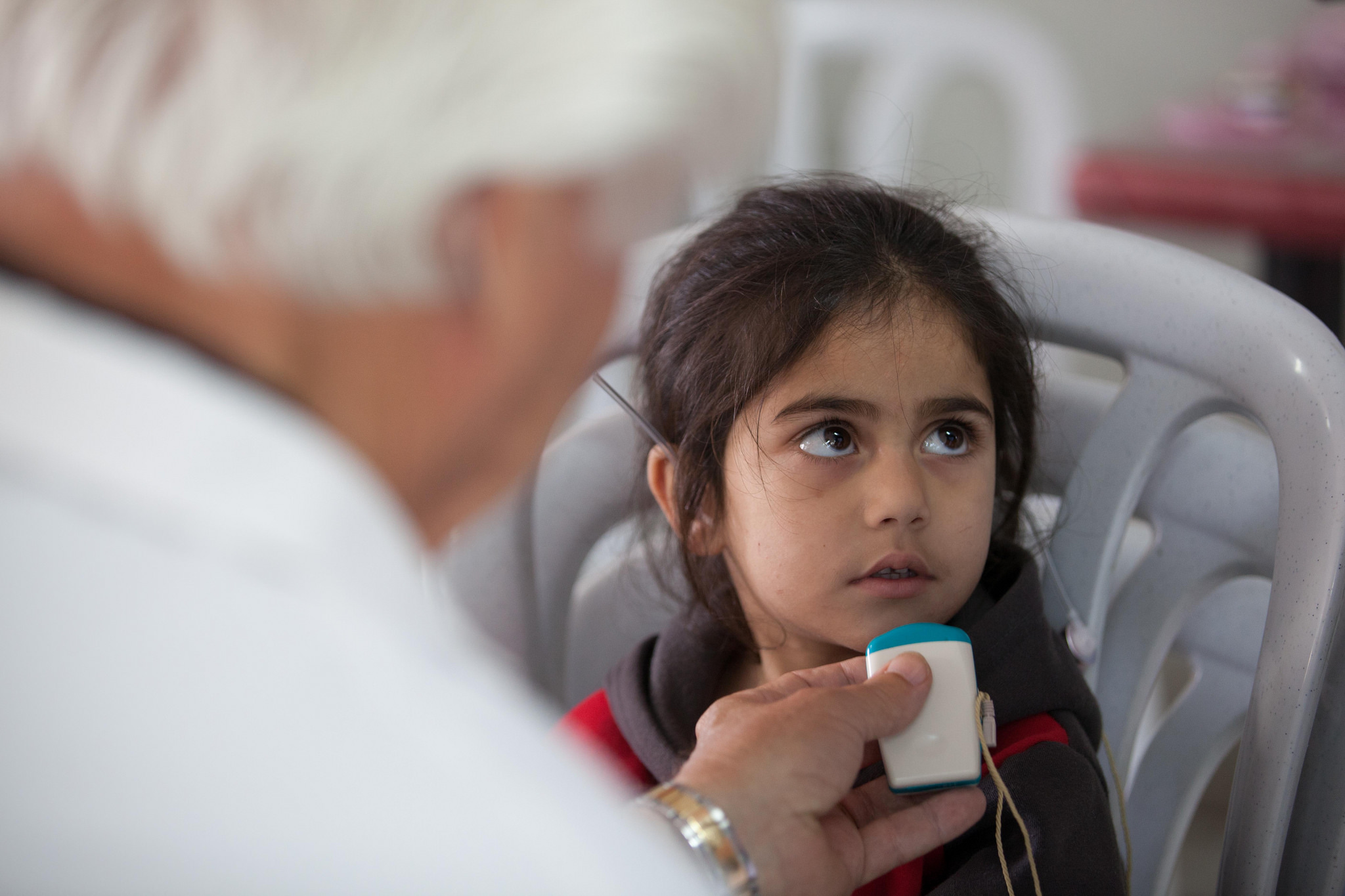
Migration is a major global phenomenon, involving movement of people and families both within (internal) and between (external) countries. In the next four decades, all of the world’s population growth is expected to take place in urban areas as a result of rural-to-urban migration and natural growth The majority of this urban growth will take place in low and middle income countries, where the urban population is expected to double, from 2.6 billion in 2010 to 5.2 billion in 2050 (UN Population Division, 2011). The health of migrants has been a subject of some past studies. No previous work has attempted to synthesise the global evidence and examine as to whether the impact of migration varies due to the heterogeneous circumstances that migrants experience.
The importance for establishing migrant-sensitive health policies and practices has been emphasized in a resolution adopted at the 61st World Health Assembly, organized by the World Health Organization (WHO). Still, the nature of migration policy-making has been disjointed and somewhat conflicting, highlighting an urgent need for research to examine international migrant health policies that maximizes the opportunity for migrants to experience equal health opportunities. Migrant health policies are generally implemented at a national, but not international level. Of note, whilst international migrant policies constantly focus on issues concerning aid, security, immigration enforcement, trade and labour, its impact on health and the role of health services in meeting their health needs is frequently neglected.
This proposed WUN program aims to bring together researchers with a wide range of expertise, including innovative methodological approaches, chronic diseases, maternal and child health, occupational health, nutrition, economics, and demography. Their past research experience spans health outcomes in both HIC and LMIC settings. Their collective efforts can be used to synthesise the existing evidence base around both internal and external migration effects and its impact on life course determinants on health. The life course model is now recognised by WHO and others (e.g. NCD Alliance) as providing aetiological insights into disease aetiology and guiding health policy as regards the relative importance of exposure either acting during sensitive periods (e.g. pregnancy, childhood) or through accumulation of exposure over the life course (e.g. smoking years).
Selected outcomes
- Hosted two workshops in Cape Town and Southampton, 2014.
- USD $40,000 grant from the Alberta Centre for Child, Family and Community Research.
- Joint funding by University of Bergen and UWA for a researcher to undertake a systematic review of health interventions targetted at migrant populations.
- Employment Conditions and Health among Female Foreign Domestic Workers in Hong Kong. A Cross-sectional Quantitative Survey. Research Grants Council General Research Fund Early Career Scheme; $889,984 (HKD). PI: Roger Yat-Nork Chung, Co-I: Yoav Ben-Shlomo; Sabu Padmadas; Eric Fong; Tim Liao; Petula Sik Ying Ho.
- Changing health along the Syrian refugees’ trajectories to Norway. Somatic and mental health relationships and implication for treatment. (PI Esperanza Diaz, Bergen) Approx 11 million Norwegian crowns from the Research Council of Norway.
- The HOME group met in Oslo, Norway on the 22nd of June 2016, to discuss a scoping review and other projects.
- Ben-Shlomo Y. “Migration and Health in a life course perspective: where are the gaps?” Plenary presentation at the 6th European Public Health Association (EUPHA) Migrant and Ethnic Minority Health (MEMH) conference, 23rd- 25th June, Oslo, Norway
-
Salami, B., Yaskina, M., Hegadoren, K., Diaz, E., Meherali, S., Rammohan, A., & Ben-Shlomo, Y. (2017). Migration and social determinants of mental health: Results from the Canadian Health Measures Survey. Canadian Journal of Public Health, 108(4), 362-367. doi: 10.17269/CJPH.108.6105
-
Diaz, E., Ortiz-Barreda, G. O., Ben-Shlomo, Y., Holdsworth, M., Salami, B., Rammohan, A., Chung, R. Y., Padmadas, S. S., & Krafft, T. (2017). Interventions to improve immigrant health: A scoping review. European Journal of Public Health, 27(3), 433-439. doi: 10.1093/eurpub/ckx001.
- Walkden G, Anderson E, Vink M, Tilling K, Howe L, Ben-Shlomo Y. Frailty in older-age European migrants: cross-sectional and longitudinal analyses of the Survey of Health, Aging and Retirement in Europe (SHARE). Social Science and Medicine 213 DOI: 10.1016/j.socscimed.2018.07.033.
- Griffiths SM, Dong D, Chung RY. Forgotten needs of children left behind by migration. Lancet. 2018 Dec 15;392(10164):2518-2519.
- Griffiths SM, Chung RY. Guest Editors: Public Health Special Issue, “Migration and Heath in the World,” Elsevier, 2018
- Chung RY, Griffiths SM. Migration and health in the world: a global public health perspective. Public Health. 2018 May;158:64-65.
- Kumar BN, Diaz E. Refugee and Migrant Health: A Primary Care Perspective Taylor & Francis Ltd. London UK, 2019 (In Press)
- Ben-Shlomo, Mamluk L, Redwood S. A life course perspective on migrant health; in Kumar BN, Diaz E. Refugee and Migrant Health: A Primary Care Perspective Taylor & Francis Ltd. London UK, 2019 (In Press)